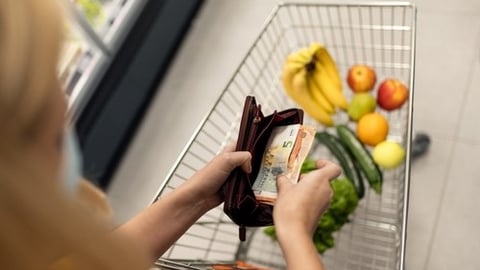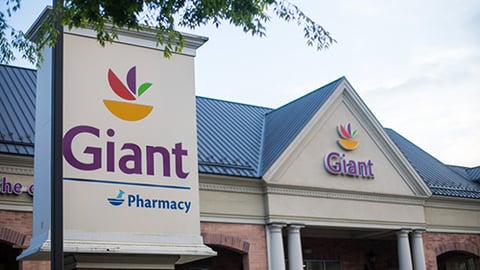Retailers Are Limiting Egg Purchases
The price of eggs has been a major topic in the public discourse, as highly pathogenic avian influenza (HPAI) outbreaks and other factors have driven up costs across the supply chain and sparked supply and demand volatility. Retail egg prices jumped 8.4% in December 2024, and the U.S. Department of Agriculture (USDA) projects egg prices to spike 20.3% in 2025.
If the prices are causing sticker shock for shoppers, the situation is also spurring retailers to impose purchase limits. Trader Joe's which has stayed competitive on egg prices in this uneven market, is now limiting egg purchases to a dozen per customer per day in all of its U.S. stores. Costco is another chain that is putting curbs on this product, informing shoppers that they can only buy three packages of eggs at one time. According to a report in Newsweek, some Whole Foods Market locations have a three-carton limit.
Giant Eagle has that same three-carton threshold and shared a statement emphasizing that it has been trying to limit the impact of rising egg costs on its customers. “To best support our customers during this uncertain time, we have made the decision to sell all conventional shelled eggs at or below our cost across all our supermarkets. Additionally, we are updating our in-store signage to encourage customers to limit their purchases to no more than three egg cartons per transaction to help ensure supply for as many customers as possible. While it is difficult for any retailer to predict the impact the avian influenza and other factors will have on egg costs in the coming weeks and months, we believe these actions are necessary to show up for our customers at this important moment," the company explained in an email to Progressive Grocer.
When asked by Progressive Grocer about its plans and protocols related to egg purchases, a Kroger Co. spokesperson confirmed that some divisions are restricting egg purchases to two dozen per customer per trip.
Emily Metz, president and CEO of the American Egg Board, addressed the supply situation in a recent episode of Progressive Grocer’s Top Women in Grocery podcast. “We've been dealing with this on and off since 2015, which is the first time it really showed up in the U.S. in commercial poultry farms,” she explained. “And we've learned a lot of really hard lessons, and we've invested, our farmers have invested a huge amount, but over the last few years, the virus has evolved and changed.”
Metz said the industry is investing millions of dollars to improve biosecurity to mitigate the spread of HPAI. For example, farmers are installing laser light systems to thwart wild birds landing on their property.
She also underscored the demand for eggs, even in light of the supply and pricing outlook. “We are approaching a 22-week, year-over-year record high consumption and demand levels for eggs. We're seeing that even at an elevated price, consumers are still seeing a huge amount of value in eggs as a protein and the nutrition it provides,” Metz reported.






